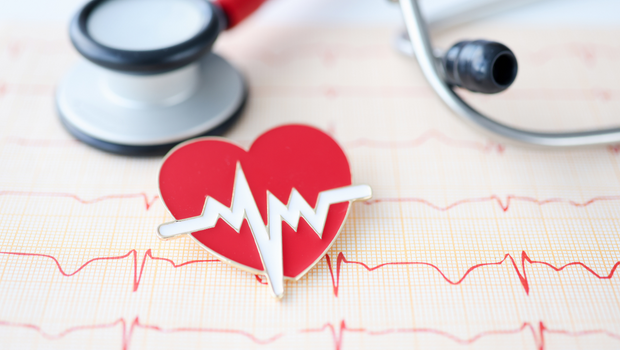Aging and Heart Health
We all have anecdotal experience that people of advanced age have more heart attacks, but statistically speaking, the average age men have their first heart attack is 65, and for women, the average age is 72. Menopause, which women experience around the age of 50, lowers the amount of estrogen in the body. Estrogen helps keep arteries flexible, so the heart attack risk goes up once estrogen starts to drop. However, there is now an increasing number of cases with much younger people getting heart attacks. There are some key factors affecting heart health risk with increasing age to watch out for.
Weight: By the age of 50, body metabolism, the process the body uses to break down food for energy, slows down by 30 percent. A slower metabolism can make it hard to maintain a healthy weight and increases the risk of insulin resistance, high cholesterol, high blood pressure and obesity—all of which raise the odds of heart disease.
Hardening of the Heart: With age, arteries get stiffer and similarly, the heart muscle stiffens, too. This makes it tougher to pump blood well, especially during high-intensity activities like exercise.
Blood Pressure: By the mid-to-late 50s, the risk of getting high blood pressure is significant. It hardens and damages the smooth inner lining of the artery walls, stiffens blood vessels and increases the chance of blockage.
Poor Sleep: Aging often leads to trouble sleeping, which can increase the stiffness of arteries and harden cholesterol plaque, raising the risk of heart disease.
Blood Vessels Narrow: Aging is one of the risk factors for atherosclerosis, or the hardening and narrowing of arteries. It occurs when cholesterol, fats and other fatty substances known as plaque build up on the inner walls of the arteries, restricting blood flow to the heart.
Increased Sensitivity to Salt: The body doesn’t deal as well with salt intake as we age. Too much can raise blood pressure and lead to swelling.
Higher Risk of Diabetes for Women: As estrogen drops after menopause, body doesn’t use insulin as well as it once did, raising the risk of getting diabetes. Over time, high blood sugar can damage blood vessels and nerves that control the heart.
The aging process brings changes that cannot be avoided, but careful analysis of lifestyle is key in managing the hearth health risks. A regular consultation and guidance with a wholistic practitioner can have a positive impact.
Roman E. Finn, M.D., is a holistic and integrative practitioner of traditional medicine in modern ways. For consultations, call 201-291-0401 or visit citm-drfinn.com.





























